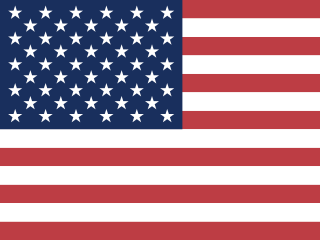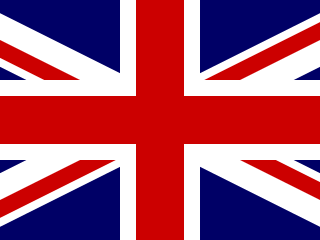Once you start getting into wigs, you will find a lot of knowledge in them. For example, to differentiate from raw materials, you may have heard of virgin hair, remy hair, non remy human hair, Brazilian virgin hair of all kinds. T
he list of possible names goes on and on. What you start to get confused about is what the actual differences are, or if they are just names based on origin, or if there is some connection to its name.
Most of the time, it is hard to tell the difference between them based on appearance and touch alone. The main difference between them is how the particular hair is obtained and processed. First you should understand the differences between virgin and remy which are more common.

What is virgin hair
Virgin hair is related to its name, simply put, virgin hair is hair that is untreated, including any manner of color treatment or chemical treatment. More specifically, it is hair that is completely free of perms, bleaching, color treatments and dyes, which is in line with its name.
Once your hair is treated or colored, it almost always has some adverse reaction to some external stimulus, such as the cuticle becoming brittle and the hair tangling and falling out more easily.

Characteristics of virgin hair
Virgin hair usually comes from young women, so these hairs are relatively healthy and free of blemishes. When selecting virgin hair, the acquirer certainly prefers donors who have long, intact, healthy human hair. And they usually acquire thick, intact, long ponytails. So, even without any chemical treatment or additional processing to make the hair silky, the hair itself is already healthy, shiny and beautiful.
Advantages of Virgin Wigs
As it is, the great advantage of virgin hair is that the hair has never been processed, as it is essentially the same as the original with little change in either quality or color.
Unlike remy hair, virgin hair is collected entirely from a single donor, as the length and color are very uniform.
Since the manufacturer does not process virgin hair, these extensions tend to last longer than other types of hair.

Disadvantages of virgin hair extensions
Just as virgin hair has many advantages and is the most excellent in terms of both feel and longevity, it is more scarce and more expensive than human hair. If you are on a tight budget, then you should think twice.
Because virgin hair does not undergo any processing, which also includes dyeing, this means that your color choices are very limited. If you really want a different color, you'll have to do the manipulation again yourself, and it's pointless to destroy its original benefits by such an act.
What is remy hair
Most of the time you see businesses use the word remy hair and they claim that it is 100% natural hair, but that is not the case. It is a term that is often used in the hair extension industry and merchants see it as the highest grade of hair.
As mentioned earlier, virgin is 100% natural and has not been subjected to any processing, Remy hair simply refers to the direction of the cuticle of the hair.
Artificial hair has characteristics such as unilateral cuticle orientation, which basically means that the hair follicles are all oriented in one direction. Therefore, it is less likely to produce tangles, pulling, hair loss, etc.

Differences between virgin hair and remy hair
There are quite a few differences between remy and virgin hair, we have already briefly introduced you to the most prominent features of both before, now we will continue to compare the two for you in more specific aspects such as the feeling of use, price and longevity. In order for you to better choose between the two.

1. Naturalness.
Native hair is completely natural human hair that has not been treated or subjected to any chemical treatments such as perms, coloring and tinting, either before or after collection. From the donor's point of view, it is usually young women who donate virgin hair and who have good, healthy, full, silky hair that is guaranteed to never get tangled.
2. Price.
Comparing the characteristics of both above you can see that virgin hair is of better quality and more precious because it is 100% natural, therefore it is a bit more expensive than remy hair.
3. Subsequent processing.
Virgin hair always comes out as is, while synthetic hair needs to be rearranged.
4. Preservation .
The virgin hair is not treated in any way and the cuticle is intact, so it can exist for a longer period of time and is not prone to tangles and other problems that can harm the quality of the hair.
Based on the features of both we listed in the article, you should have a good insight into them. All in all, your choice should be according to your budget and the results you want to achieve.
 USD
USD
 Euro
Euro Pound
Pound